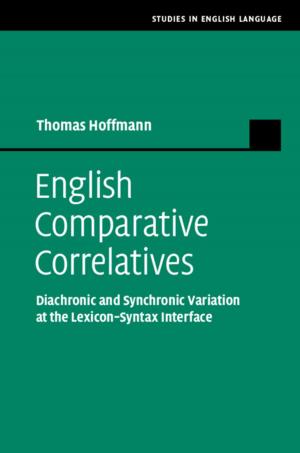Computational Aeroacoustics
A Wave Number Approach
Nonfiction, Science & Nature, Technology, Engineering, Mathematics| Author: | Christopher K. W. Tam | ISBN: | 9781139579216 |
| Publisher: | Cambridge University Press | Publication: | September 28, 2012 |
| Imprint: | Cambridge University Press | Language: | English |
| Author: | Christopher K. W. Tam |
| ISBN: | 9781139579216 |
| Publisher: | Cambridge University Press |
| Publication: | September 28, 2012 |
| Imprint: | Cambridge University Press |
| Language: | English |
Computational aeroacoustics (CAA) is a relatively new research area. CAA algorithms have developed rapidly and the methods have been applied in many areas of aeroacoustics. The objective of CAA is not simply to develop computational methods but also to use these methods to solve practical aeroacoustics problems and to perform numerical simulation of aeroacoustic phenomena. By analysing the simulation data, an investigator can determine noise generation mechanisms and sound propagation processes. This is both a textbook for graduate students and a reference for researchers in CAA and as such is self-contained. No prior knowledge of numerical methods for solving partial differential equations (PDEs) is needed, however, a general understanding of partial differential equations and basic numerical analysis is assumed. Exercises are included and are designed to be an integral part of the chapter content. In addition, sample computer programs are included to illustrate the implementation of the numerical algorithms.
Computational aeroacoustics (CAA) is a relatively new research area. CAA algorithms have developed rapidly and the methods have been applied in many areas of aeroacoustics. The objective of CAA is not simply to develop computational methods but also to use these methods to solve practical aeroacoustics problems and to perform numerical simulation of aeroacoustic phenomena. By analysing the simulation data, an investigator can determine noise generation mechanisms and sound propagation processes. This is both a textbook for graduate students and a reference for researchers in CAA and as such is self-contained. No prior knowledge of numerical methods for solving partial differential equations (PDEs) is needed, however, a general understanding of partial differential equations and basic numerical analysis is assumed. Exercises are included and are designed to be an integral part of the chapter content. In addition, sample computer programs are included to illustrate the implementation of the numerical algorithms.















